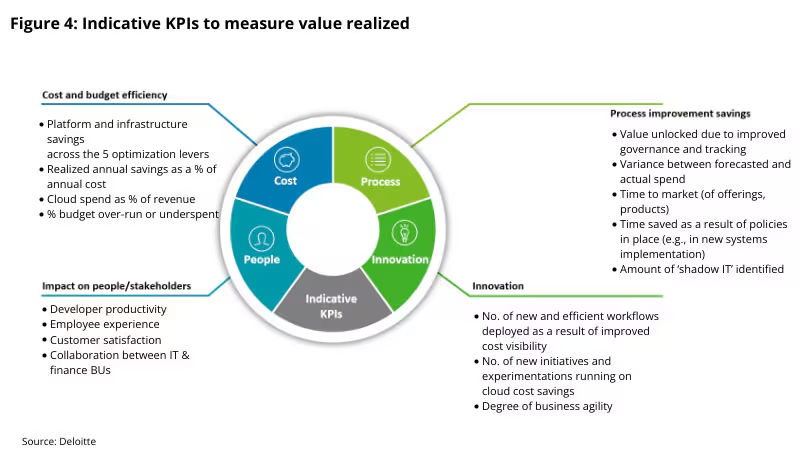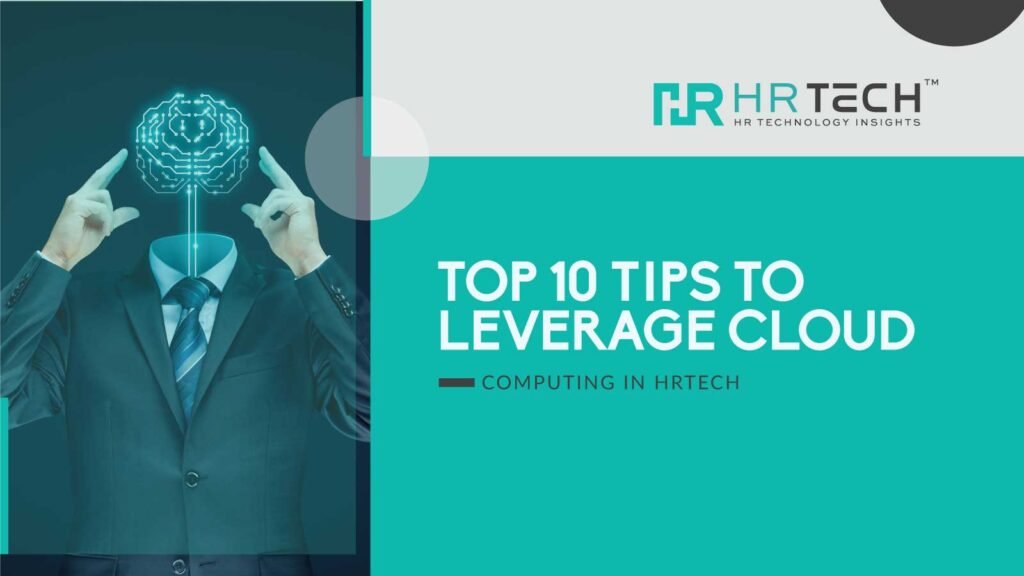Cloud computing means delivering computing services such as databases, servers, networking, storage, software, intelligence, and analytics with the help of the internet. The transfer of these resources over the Internet offers flexible and faster resources and economies of scale. It is the most on-demand access in the world of technology as well as in the world of HR.
Cloud computing plays a vital role in our everyday lives, be it accessing a cloud application, Google Drive, Gmail, streaming a web series or movie on Netflix, or watching a cloud-hosted video game. It has become irreplaceable in businesses, from start-ups to international businesses. Cloud computing applications allow remote work by making the application and data accessible to the candidate from anywhere, making the framework for seamless omnichannel customer engagement.
HR Technology Insights: Remote Launches Benefits Solution to Empower Global Teams
Cloud computing brought a drastic shift from conventional working to a cutting-edge work model, we never thought of. But, leveraging cloud computing in HR tech still seems like a task, cloud-based HR solutions are loading off a lot of burden from HR shoulders.
 Source: Deloitte
Source: Deloitte
1. Scalability & flexibility
Cloud-based HR solutions have made HR operations change and extend to fulfill business needs without causing any burden or financial ruin to the resources. This is one of the primary advantages of cloud computing in HR technology. The conventional HR software used to struggle to scale the company’s growth further leading to inefficiencies and higher costs. However, cloud-based hr solutions assist in an easy process of scaling the organization’s needs. The scalability makes sure that the software is capable of handling changing workloads such as during an increase in seasonal staffing and the time of hiring.
2. Cost-effectiveness
Cloud-based HR solutions help companies to reduce the costs of purchasing expensive hardware, IT infrastructure, and software licenses. Organizations may use a subscription model or pay-as-you-go option which assists in reducing the cost of operations and infrastructure. But, what makes it business-friendly is the easy setup and management of cloud computing. The organizations find it beneficial to small, medium, and large organizations, that may not be able to access or invest in traditional HR software.
HR Technology Insights: Businesses Cite ‘Monumental’ Losses When They Choose Wrong HR Software
3. Better data security
The security of data is crucial in a world where data breaches may cause severe harm to the organization monetarily as well as physically. Cloud computing HR solutions offer advanced security measures to keep HR data safe and secure from breaches and unauthorized access. The security measures are coupled in the cloud technology to keep the data secure with strict data security policies. The loss of data or laptops can be a huge issue for companies and costs humongous to the company to retrieve the lost data. With cloud computing, it becomes easy to retrieve data without having to pay for it.
4. Enhanced data security
Data security can be a crucial concern for every organization, especially when it is about managing employee data. The highest priority of HR is to maintain the confidentiality of employee and company data, leveraging cloud computing in HR tech can be very useful when it comes to data security. Cloud-based HR solutions assist HR professionals and employees have easy access to the software from anywhere, anytime. Many cloud computing software provide a long set of technologies, and policies to strengthen the overall security, assisting in keeping the apps, data, and infrastructure safe from potential threats.
5. Integration of advanced tools
Cloud computing offers access to various tools for HR and that makes it one of its best features. Various AI features are now integrated into the role of HR such as AI-powered employee retention, smart recruitment platforms, and candidate assessment tools. Most companies such as Google, Microsoft, AWS, Paytm, and others are already using cloud-based applications and tools to work efficiently. In the foreseeable future, all the companies, small, medium, and large will adopt cloud-computing advanced tools as it is now essential to look at long-term strategies that boost the growth of your company along with matching your budget.
6. Improved collaboration
Cloud computing is an excellent way for any business to collaborate and boost their productivity. It also suites collaboration among team members, fostering a work culture across physical boundaries. Cloud-computing HR solutions also enable seamless collaboration for projects irrespective of the employee’s location, leading to increased productivity and efficiency within the organization. Google Workspace is a major example of such a platform, with various features such as Google Drive, Gmail, Google Docs, etc.
7. Remote accessibility
An organization may leverage cloud computing in HR tech by allowing remote work and accessibility to their employees, where the employees can access the data required and could operate from anywhere in the world, all they need is a fast-speed internet connection. Most cloud services also provide mobile apps to access data from the phone.
HR Technology Insights: Workday and Compa Partner to Revolutionize Compensation with Real-Time Data
8. Streamlined integration
Integration of various cloud computing HR solutions for various purposes such as hiring, payroll, benefits administration, and employee performance management as it is challenging with conventional softwares. Cloud computing HR tech solutions also offer a seamless integration, allowing the collaborative work of different HR functions on a single platform. Owing to this, the HR department will be able to operate efficiently and make data-driven decisions.
9. Timely upgrades
With the adoption of cloud computing in businesses, you get a free and timely upgrade. Automatic updates of software save the cost and time previously used just to update the applications and software. The servers are taken care of by the service providers, who do the updating and installation of the latest software.
10. Disaster resistance
No one can predict what will happen tomorrow, and it is no longer a secret that losing important data due to fire, short circuit, or any other disaster at your business premises may result in catastrophic results for the company. The cloud backup services have us covered here, as it is easy to backup data from the cloud and costs no money or extra time.
Conclusion
Not all types of cloud are the same and no type of cloud computing is right for everyone. There are three types of cloud: public, private, and hybrid. A public cloud is owned and managed by third-party cloud service providers, delivering computing resources such as storage and servers over the Internet. Microsoft Azure is the perfect public cloud example.
Private cloud computing is used exclusively by a single organization or company. It can also be physically located in the onsite data center of the company. A hybrid cloud is a combination of public and private clouds, brought together by technology that offers data and applications to be shared within them. It offers greater flexibility and more options for deployment, helping in the optimization of your existing infrastructure, compliance, and security.
Cloud computing was invented back in the early 1960s when an American computer scientist and psychologist, Dr. Joseph Carl Robnett Licklider brought the earliest idea of global networking. Dr. Joseph Carl Robnett Licklider is later also known as the “Father of cloud computing”.
Amazon Web Services (AWS) is often credited with pioneering the commercialization of cloud computing in 2002 by offering storage and computing services over the Internet. However, the underlying concepts of time-sharing and remote access to computing resources date back to the 1960s and 1970s.
HR Technology Insights: Alexi Launches Advanced AI-Powered Litigation Solutions
To share your insights, please write to us at news@intentamplify.com



